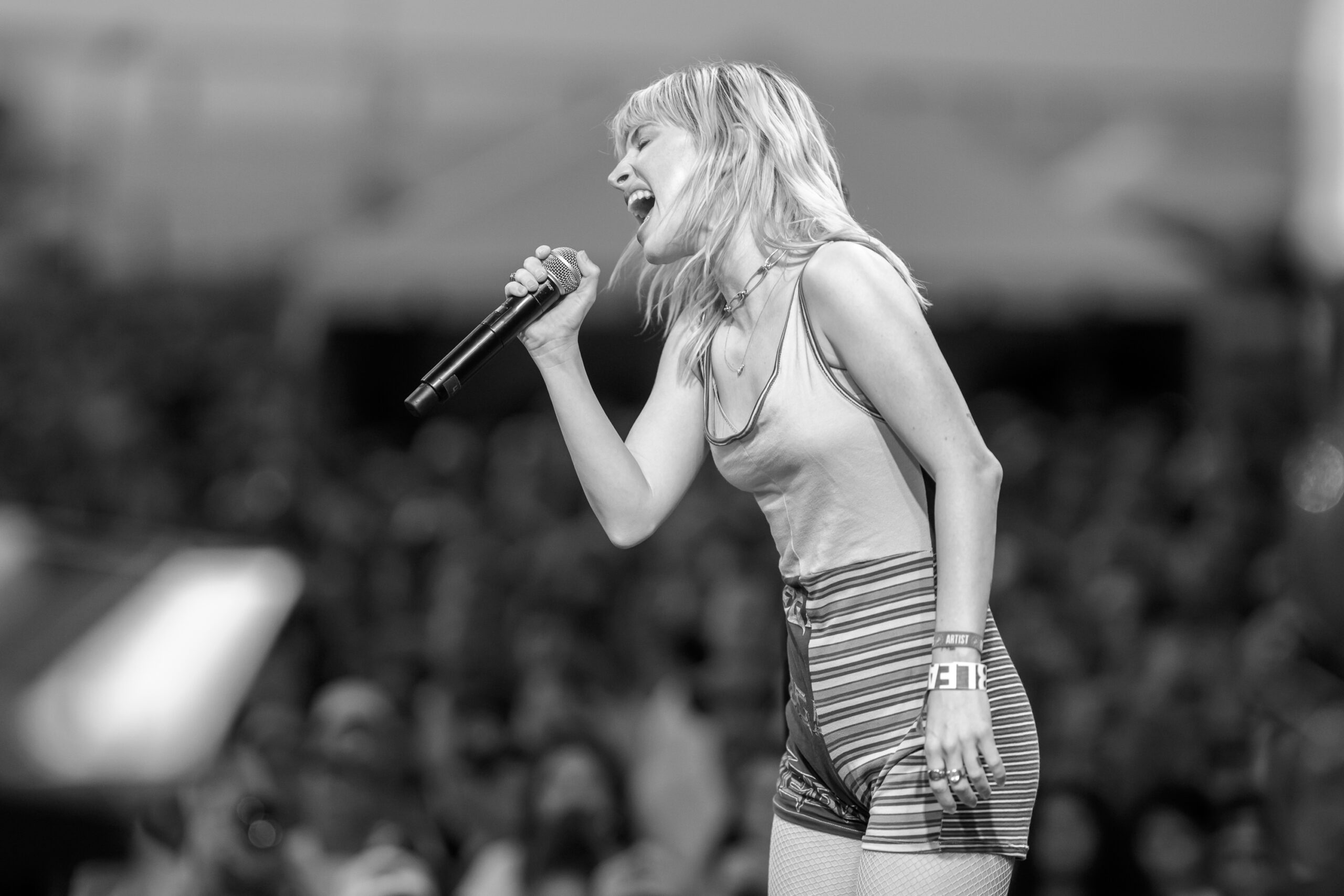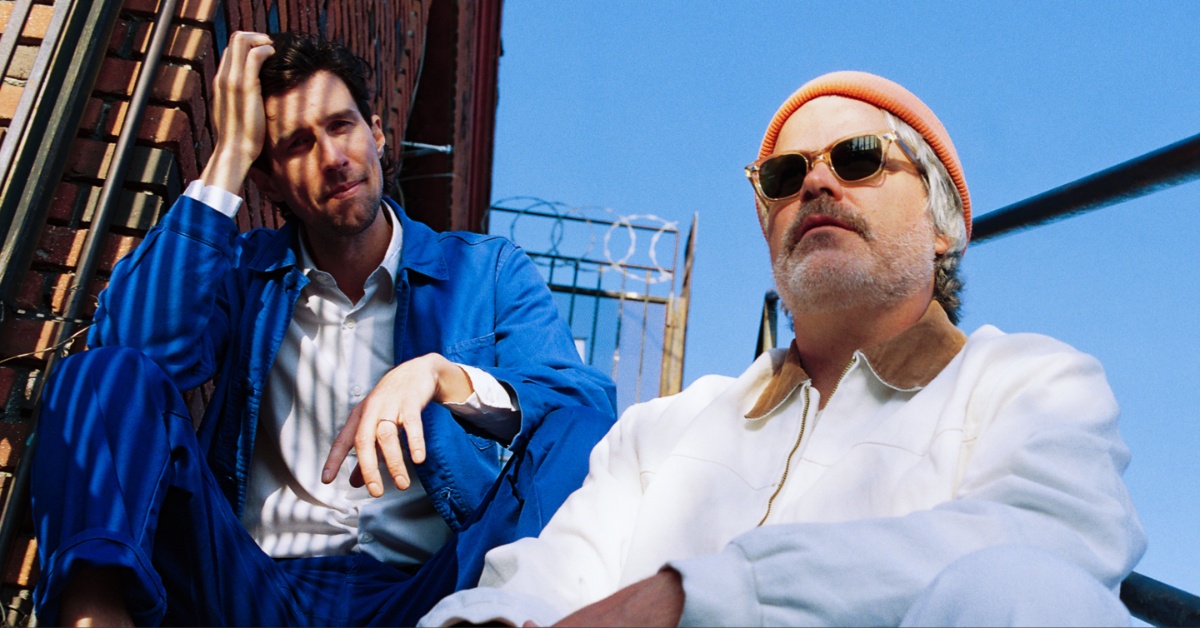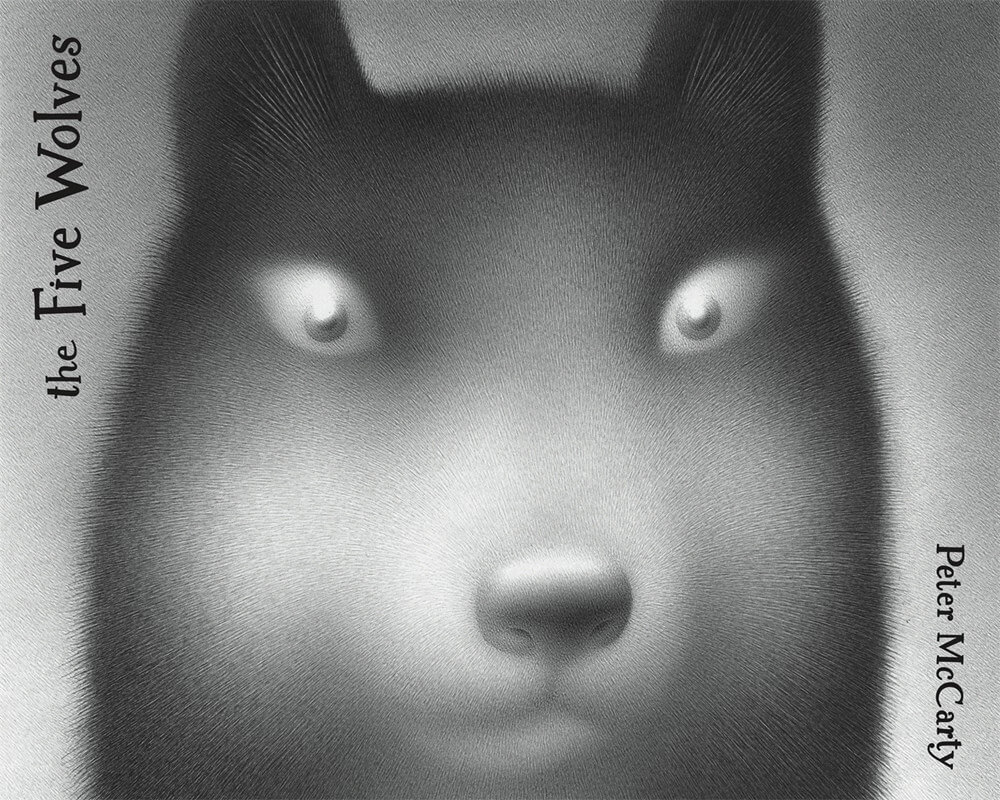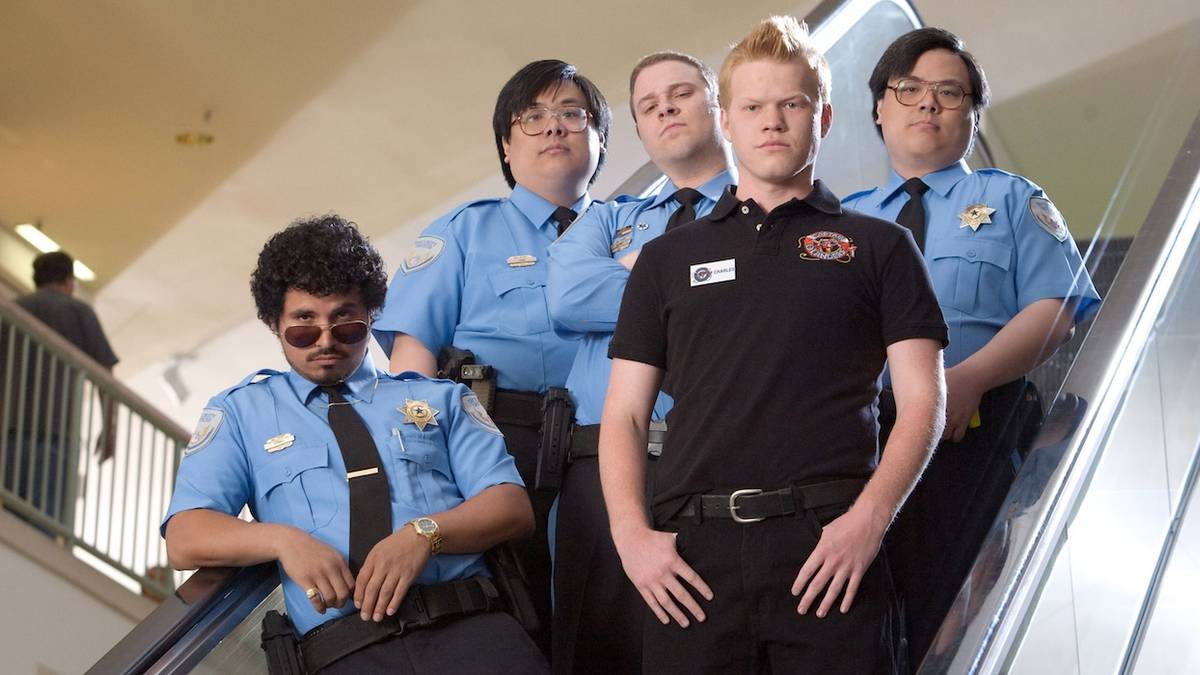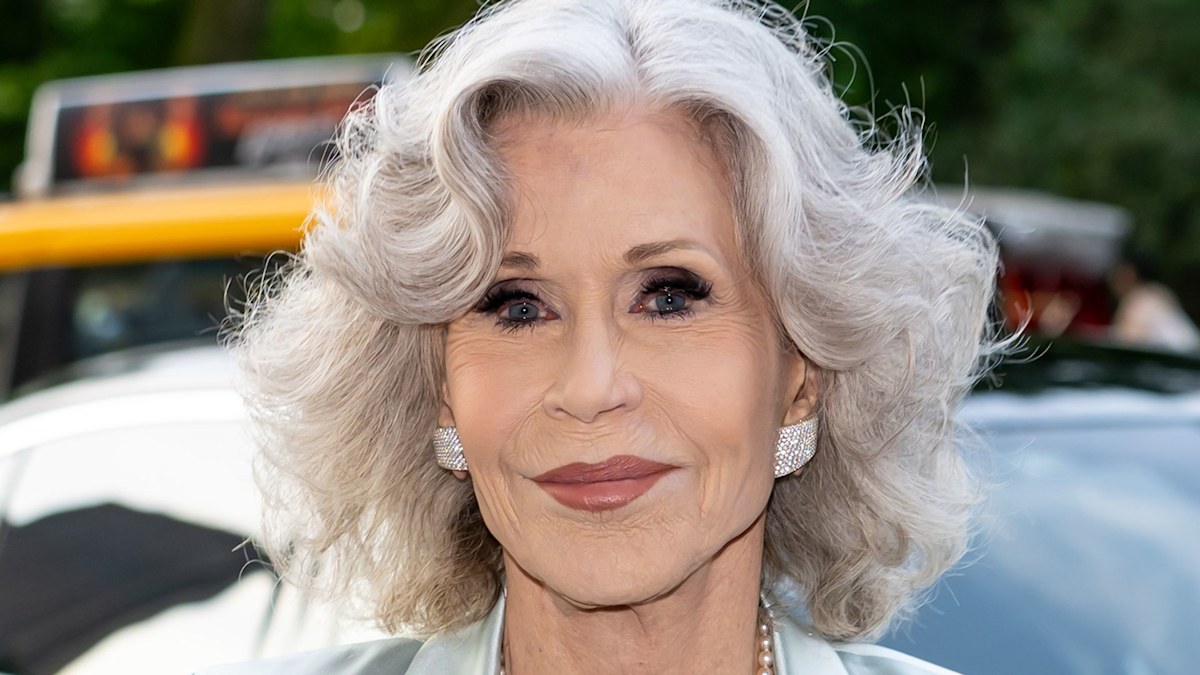As ODESZA’s “The Last Goodbye” tour finally turned into an actual prophecy, their fans weren’t prepared for the void they’d soon confront.
Returning to the breathtaking Gorge Amphitheatre in their home state of Washington, the duo developed “Echoes,” a tech-driven art installation moonlighting as a monument to their unparalleled connection with those ride-or-dies.
“The Last Goodbye,” which takes its name from ODESZA’s scintillating album of the same name, persisted for roughly three years and is now universally regarded as their most innovative production yet. The tour officially met its end last week after a trio of spectacular finale shows from July 4-6, but not before the band left fans with one more trophy for their museum of memories.
Walking through two rows of three iridescent, curved towers, the scene at the Gorge looked like some kind of phantasmagoric Stonehenge—only with less history and more LEDs. “Echoes” was fueled by a single PC powered by a minuscule-but-mighty Snapdragon X Elite processor from Qualcomm, with whom ODESZA’s Clayton Knight and Harrison Mills collaborated on its development. 66,000 fans passed through the bleeding-edge installation, which featured 120 LED panels displaying projection-mapped visual content from ODESZA and their tour.
However, even in such a smorgasbord of surrealist art and tech, the pièce de résistance of “Echoes” was the integration of voicemails recorded by fans. Mills and Knight shared an anonymous phone number in the weeks prior and asked fans to leave messages containing their favorite ODESZA memories, which were played in 4D audio around the towers and transcribed on their LED panels, transforming them into conduits for immersive storytelling.
Scotty Wise
The voicemails were a microcosm of the duo’s extraordinary bond with their fans after years of nurturing a community through consistent artistic evolution and haunting songwriting. They were brought to life inside the Gorge’s grounds by the visionary team behind UPROXX Studios and a pair of renowned art collectives, SETUP and The Vessel.
It’s worth noting that Knight and Mills are fiercely selective when it comes to collaborations, so their leap of faith was not lost on this horde of contrarian creatives, who set out to prove that technology can facilitate the emotional release of ODESZA’s music.
“You know how much risk goes into developing something like ODESZA? It’s hard to even comprehend,” says Jarret Myer, co-founder and CEO of UPROXX Studios. “We weren’t with them when they were traveling around in a van. We weren’t with them in their room struggling over the right chord change in a song.”
“There has to be a level of ‘what if,'” Myer adds when asked about his studio’s secret sauce to brand-building. “ODESZA is such a great example of incredible storytelling because they’re willing to tell big stories that they might not even know all the answers to—in all of their different mythologies—but they’re willing to weave a huge tapestry.”
Scotty Wise
Through anecdotes ranging from walk-on-air nostalgia to heartsick ache, the installation captured the essence of a generation that wears its emotions like the very voicemails within its lattice—fragile confessions left in the hopes that someone, somewhere, will take the time to listen and understand.
If technology could shed tears, it would’ve weeped through the ducts of “Echoes.” It was the fans, though, who felt its “searingly emotional” weight in droves. That’s according to Steve Bramucci, UPROXX Studios’ charismatic Senior Creative Director, who said he ultimately saw fans bawling their eyes out.
“It’s an incredible weight to truly matter to people,” Bramucci told us at the Gorge the night before the show, just minutes after we watched ODESZA rehearse before an empty amphitheater during a sublime sunset. “It’s a lot different to not matter to people. And I think [Mills and Knight] take that weight with the gravity that it deserves.”
“I am not good at a million things, but I am good at gratitude and understanding the privileged position that it is to be able to come up with ideas like [‘Echoes’] for a living… it’s one of the most beautiful things I’ve been a part of.”
Scotty Wise
For over 12 years the quest for human connection has been in the bone marrow of ODESZA’s music, which has the profound ability to tether itself to the charts that dictate our growth and happiness—or our gnawing desire for hope. Technology acts as both a lifeline and a labyrinth in that pursuit for fans, especially in a digital age that casts a longer shadow everyday on pavement scuffed up by polarizing algorithms.
But it’s clear the team behind Qualcomm’s Snapdragon tech knows that beneath the surface of our digital interactions lies a paradoxical truth: the very tools that seem to separate us can, when wielded with intention and compassion, enrich the human experience across vast distances. The words of love shared between partners continents apart; the silent tears of joy as grandparents witness their grandchild’s first steps virtually; the poignant memories of an ODESZA fan drifting literally through crisp summer air thousands of miles away; these moments are no longer lost to separation and time.
By reaching through the digital veil with genuine curiosity—and a deep adoration of the band’s relationship with fans—Qualcomm inoculated its Snapdragon chips with processing power that extends far beyond their circuitry. As fears of technology’s power to atrophy human creativity worsen in the AI era, the company used its products to conjure a world in the Gorge where that chasm was caulked by real-life monoliths for shared emotion.
“I think we have a shared vision for creating moving experiences,” said Tami Dunnam, Global Brand Manager at Qualcomm. “ODESZA cares deeply about their fans and taking them on a journey with their music and their performances, and Snapdragon is focused on connecting with people through their passions, enabling and enhancing their experiences with best-in-class technology.”
“ODESZA also embodies creativity in a way that completely impressed me,” Dunnam adds. “Their showmanship is multi-layered, blending a unique sound and stunning visuals. Their performance wraps together EDM, strings, brass, drums, vocalists, lasers, lights, pyro and truly breathtaking graphics with perfect harmony. The experience is both amazing and moving. I see a very strong connection between what ODESZA represents and Snapdragon’s ethos of ‘The Power to Move.’ Because Snapdragon isn’t just about industry-leading technology, it’s about delivering experiences, enabling passions and unleashing emotion.”
Scotty Wise
Dunnam and her Snapdragon team had lots of help, of course. That includes award-winning brand activation expert Jenny Feterovich, CEO of The Vessel and Creative Director of “Echoes.”
“This has never been done before,” Feterovich said as the installation teemed with fans in the distance. “This is really insane—what we pitched [Mills and Knight]—and off we went. It’s a true collab with ODESZA because they’ve never worked with other creatives before, for the whole entire existence of their being. They’ve never let an outside creative force in. It’s a true honor.”
“The band would do nothing that wasn’t authentic to them,” Bramucci affirms. “They were vigorous about that. They were very solid on that: ‘If it’s not authentic to us, we will not do it. Full stop. Talk to you later. Take your money and walk away.’ And I think that’s why this has mattered, because it’s authentic to people.”
Feterovich’s initial pitch to build the installation, she tells us, was rejected a staggering 18 times. That would deter most, but not this relentless creative, who is officially listed as the “Chief Energy Officer” of The Vessel.
“People called us crazy,” she recalls. “They said, ‘You’re insane. There’s no time. It’s too expensive. Less than two months.’ Then our technical director, Phil, said, ‘Why don’t you just sleep on this?’ So then we convinced another crazy person to go on this journey, because the technical part of building this physically is so ambitious. It’s insane.”
Scotty Wise
While the remarkably detailed “Echoes” seemed effortless at first glance, the days leading up to its reveal were anything but. As the beginning of the end of an era for ODESZA approached, the sprint to activate the baroque installation lasted until just a few hours before showtime.
There were enough obscure details in the installation’s blueprint and the granular nature of its production to make Frank Lloyd Wright bite his nails. At any given moment, you could see Vasilii Miroliubov, a virtuosic designer at SETUP, intensely examining it.
For starters, a construction team had to level the grassy knoll to ensure uniformity in the height of the installation’s pillars, each of which came with its own set of unique problems.
Scotty Wise
The cutting-edge LED panels were then assiduously sheared and whittled down to fit each 30-foot tower’s convex shape, according to Keenon Rush, a creative producer on the project. That feat was accomplished after delays due to the glue drying too quickly under the punishing Pacific Northwest sun.
Another architectural triumph was rooted in the terra firma beneath the installation’s feet. Stakes were high for its producers at the Gorge, one of the world’s most scenic concert venues, to entwine with nature in a way that felt organic. They consequently positioned the pillars with the foresight to integrate them into dusk so “it looks like we’re siphoning the sun’s energy when it sets in the mountain range,” Rush said.
Scotty Wise
All of these minutiae kept the teams up through the dead of night, plugging away at the Gorge less than 24 hours before doors were scheduled to open.
“Not a single person or team feels that they’re alone,” Feterovich said. “We’re in this together and we have been through so many crises since we landed. I can’t even begin to tell you. But here’s the thing: we operate out of love, not fear. And we as a team, we can solve any problem. I have incredible amounts of self-belief and we will figure it the fuck out.”
The unflappable Feterovich, who served as a pressure valve in the cooker of the “Echoes” stress test, said she never lost sight of her prevailing goal in life, simply “to make really dope-ass shit come alive.” She’s being charmingly reductive when it comes to the elaborate project, a truly “immersive” experience existing on the fringe of a modern music industry which continues to beat that word into oblivion.
Once a descriptor of depth, the term is now as shallow as a kiddie pool, with artists and marketers constantly leaving fans wondering if they’ve accidentally wandered into a sensory deprivation tank or just another overhyped show. Thanks to the deceptive nature of far too many in entertainment, no one really knows what “immersive” means anymore.
But ODESZA and friends found a silver bullet within the Gorge’s idyllic grounds. Fans came for the music but they left with so much more, including a new perspective on the power of closure.
“As you’re standing there in the middle of this thing and you see people crying, and you hear four-dimensional audio of people talking about how ODESZA affected their life at a time of loss, you can just get lost. For me, this is the true meaning,” explained Feterovich’s colleague, Roustam Mirzoev, a music industry vet and experiential marketing specialist. “People saying they have goosebumps, people are crying, people going through in and out; that’s the real difference between the buzzword and the real experience. When it’s immersive, you can feel it.”
Scotty Wise
“We live in the intersection of art, music and technology, which is a beautiful space to live,” Feterovich adds. “To us, this is the future of storytelling. This is the future of making people feel things.”
The dreamlike nature of “Echoes” wasn’t exclusive just to its physical attributes. From an existential perspective, it was a dream come true for filmmaker Steven Vasquez, rooted in the idea that each of us has the ability to create our own sense of purpose with our work.
“Everybody here cares about music in a real, legitimate way,” gushed Vasquez, the Director of Production at UPROXX Studios, whose deep portfolio includes credits producing music videos for Steve Aoki and The Chainsmokers. “Everything is authentic to the music, the fans, the feelings, the emotion, the expression… this is what I’ve always wanted to do. It’s my dream. My dream has always been to just build something for real.”
Scotty Wise
To that end, now that “Echoes” has been dismantled, we’re left to wonder—what constitutes an authentic shared experience in the digital age? And what’s the key to fostering community in this period of technological mediation?
It all starts with unfiltered creativity, Dunnam says.
“Snapdragon enables you to unleash your creativity,” she explains. “You can achieve more because the technology experience is so seamless and powerful—it’s like an extension of yourself. So you can get into that flow state where creativity meets productivity, where you can be so fully immersed in and focused on what you’re doing that everything around you seems to fade into the background.”
UPROXX Studios is now producing a four-part video series documenting the development and cultural impact of “Echoes.” Fans can watch the series here.











